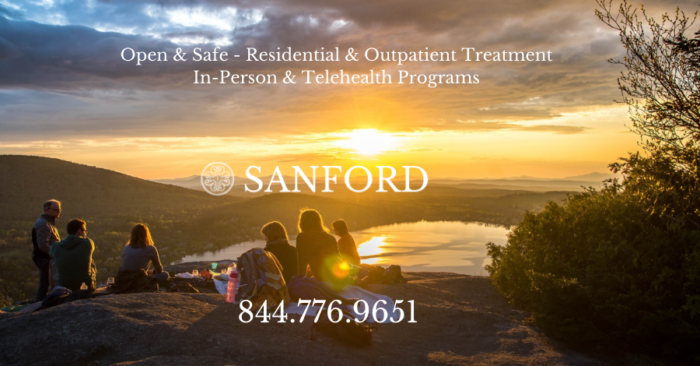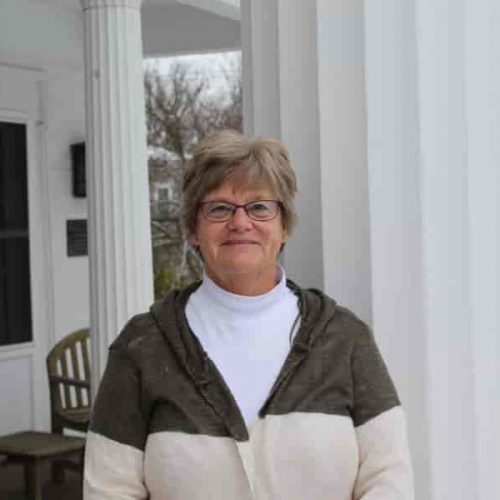New Year’s Resolutions? Think Resiliency in 2021!

Welcome to 2021! I wish to start the year off with some resiliency focused thoughts:
You are only in control of yourself.
You do not and cannot control any other person or situation.
Only you are responsible for your beliefs, emotions, and actions.
Resiliency in the New Year
Being in control of yourself means basing your actions on your beliefs and purpose in life. It also means choosing to respond to people and situations consistent with your beliefs and purpose. Emotions and thoughts are certainly part of us, however, we are more than feelings. Many times we must act in a manner that evokes unpleasant feelings in ourselves and others. This is because the chosen behavior is more likely to lead us to the outcomes that are consistent with our beliefs and purpose.
There is more at play here than the immediacy of avoiding unpleasant feelings. It reminds me of a little story I heard. A father and son were in their driveway fixing the son’s bicycle chain. A neighbor came along and said, “You know there are places that can do that for you.” The father replied, “I am building a human being, not a bicycle!” In other words, keep your own “big picture” or purpose in mind when you are faced with a challenge.
I believe that the previous statements are a necessary mouthful for folks to hear when trying to survive difficult situations. The year 2020 brought challenges. A global pandemic, economic downturns, children acting out, and an increase in drug and alcohol misuse and addiction. I mentioned the word “resiliency” in the first sentence of this article, because if you are truly practicing controlling yourself only, you are practicing skills of resilience!
Resilience and Substance Use Disorders at Sanford
At the end of my last article, I said we would look at resilience as relates to dealing with folks with substance use disorders (SUD). The opening statements above apply directly to that issue. The five skills of resilience, as discussed in my last article, are self-awareness, mindfulness, self-care, positive relationships, and purpose. Elements of each of these skills flow back and forth and intermingle with each other. For example, a person who is self-aware can get in touch with what they believe to be their purpose and role in life. When a person practices mindfulness, they are practicing self-care and more understanding of the consequences of their actions. This will likely result is better relationships.
At each session of our Family Program at Sanford, we discuss three factors that must be implemented in the lives of the participants.
- They must obtain and seek accurate information on SUD. This means a clear understanding of what addiction IS from what it IS NOT.
- Participants must seek support for themselves. This allows them to monitor their own behaviors and learn to stop enabling their loved one with an SUD.
- They must also start practicing good self-care by focusing on their own beliefs, feelings, actions, and goals.
The skills of resilience and the skills needed to interact effectively with someone in recovery or active addiction have a great deal in common. If a person practices what is recommended in the Family Program, they will be building their resilience skills. And they can become more effective in many areas of their lives.
Resilience and Effectiveness
Therapist, Earnie Larsen, says “What we live, we learn. What we learn, we practice. What we practice, we become.” Engaging in behaviors of resilience and effectiveness with individuals with SUD, will provide them with a positive set of behaviors to model. And these behaviors will provide positive options to current and future family members, breaking the cycle of codependency that runs through generations of many families.
I want to go back to my initial statements about control and resilience and apply them to enabling behaviors. I also want to apply the recommended “musts” for family and friends of those with an SUD to enabling behaviors.
Enabling Behaviors
A little reminder about enabling behaviors. These behaviors try to make another person cease their specific behaviors. Usually, these are behaviors we believe are harmful for that person and are threatening to the function of the family. When a person enables, they say they are trying to help, however, they usually harm by protecting the person with the harmful behaviors from the natural consequences. Most often, the enabler has personalized the loved one’s harmful behaviors and are attempting to control them.

What we live we learn …
The truth about enabling is:
No one can control a brain disease in another person. And addiction is a brain disease.
A brain disease requires treatment from trained professionals.
SUDs thrive on denial, justification, deception, manipulation, and the reactive chaos they cause in others. Attempting to control these behaviors increases their intensity and frequency.
Learning the facts about addiction and not personalizing the behaviors of the disease, aids a person with an SUD to feel natural consequences and seek treatment. When family and friends practice and own controlling themselves only, arguments cease about using, and blaming the user for their feelings. There are no threats or judgements, just honest expressions of beliefs, facts, feelings, and boundary setting.
Education about the disease of addiction and management of the disease process (not managing the person possessing the disease), happens with support, self-awareness and good self-care. Likewise, practicing control of self is applying positive, purposeful and resilient behavior, which can lead to family recovery.




